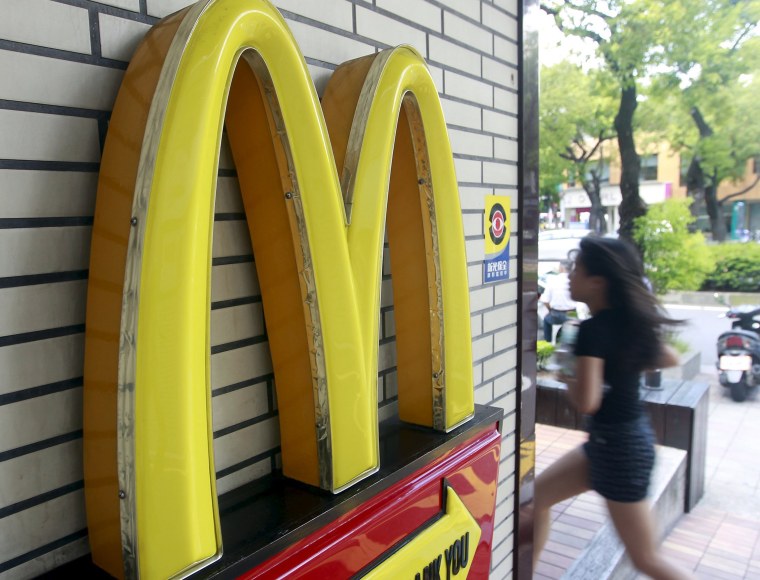Companies can be held liable for labor violations committed by franchisees and contractors, the National Labor Relations Board ruled on Thursday, in a decision that could put pressure on businesses like McDonald's dependent on franchising to negotiate directly with unions.
The board, in a 3-2 decision that will likely be appealed in court, said the existing standard, under which companies had to have "direct and immediate control" over employment matters such as hiring and firing to be considered employers, was outdated and did not reflect the realities of the 21st century workforce.
"We will no longer require that a joint employer not only possess the authority to control employees’ terms and conditions of employment, but also exercise that authority," Board Chairman Mark Pearce wrote.
The decision means large companies that use a franchise model or staffing agencies will in many cases be required to bargain directly with unions and employees, potentially making it easier for them to win higher wages and better working conditions.
Hillary Clinton May Be the Leader, But Unions Are Holding Out
Business groups have said such a ruling, which came in a case involving waste management company Browning-Ferris Industries Inc., would endanger companies that rely on franchising, contracting and supply chains, and kill jobs.
“Every business-to-business relationship is at risk,” said Michael Lotito, a lawyer at Littler Mendelson in San Francisco who works with industry groups.
The decision came as McDonald's Corp is facing a series of NLRB cases brought against dozens of its franchisees around the country. The fast food giant has argued that it is not a joint employer because it does not hire and fire franchise workers, and Thursday's decision may make it more difficult for the company to make its case.
Fast Food Franchise Owners Consider Suing N.Y. Over Minimum Wage
Unions and others who support the change say it is necessary to bring companies that indirectly control working conditions to the bargaining table and to curb the use of "permanent temps" who are paid less and do not get the same benefits as ordinary employees.
The ruling also means franchises and smaller companies that provide workers will be insulated from liability when labor violations are triggered by corporate policies, said Jeanne Mirer, a lawyer who authored a brief in the case on behalf of the Communication Workers of America and workers' rights groups.
"Now the arrangement can be put back into balance in a way that gives fuller protections to workers and the leased company," she said.
Dissenting NLRB members on Thursday said the board had exceeded its authority by redefining employment, and that the ruling would create uncertainty for businesses nationwide.
"No bargaining table is big enough to seat all of the entities that will be potential joint employers under the majority’s new standards," Members Harry Johnson and Philip Miscimarra wrote.
The case is Browning-Ferris Industries Co, U.S. National Labor Relations Board, No. 32-RC-109684.
